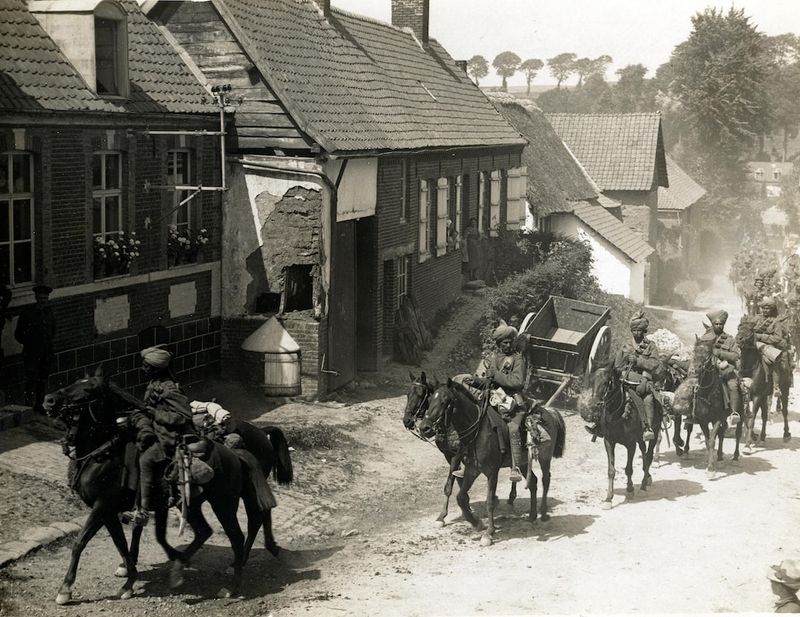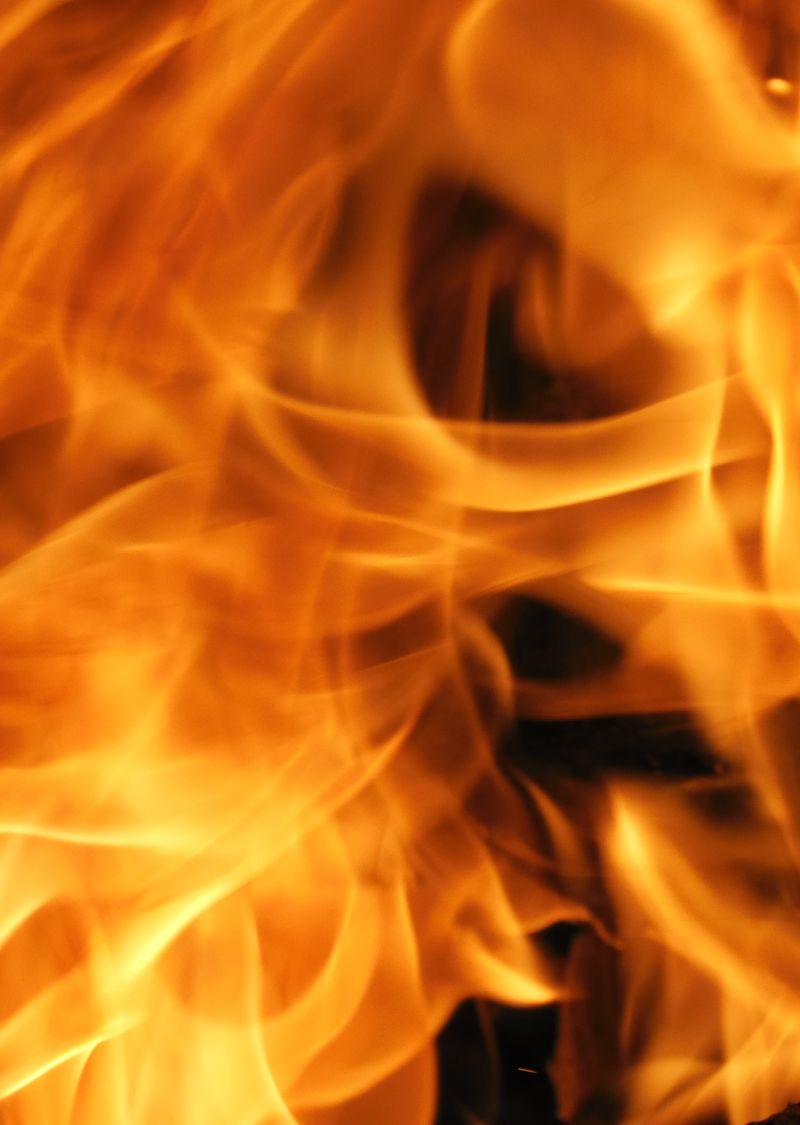Azerbaijan launches operation against Nagorno-Karabakh and demands surrender
Background
Azerbaijan has launched a military operation in Nagorno-Karabakh, a breakaway region recognized internationally as part of Azerbaijan but controlled by ethnic Armenians. The operation, which Azerbaijan describes as “anti-terror,” is a continuation of tensions that have been high in the region for months. Azerbaijan is demanding that the ethnic Armenians surrender, and says it will not stop until this happens. This latest conflict comes three years after Azerbaijan and Armenia last went to war over the region. The situation escalated in 2020 when Azerbaijan recaptured areas in and around Nagorno-Karabakh before a truce was agreed upon and monitored by Russian peacekeepers.
The Current Situation
Azerbaijan‘s defense ministry has reported that it has neutralized military equipment belonging to the Armenian armed forces, including vehicles, artillery, and anti-aircraft missile installations. Nagorno-Karabakh authorities have stated that 27 people, including two civilians, have been killed since the offensive began. Azerbaijan has stated that it is prepared for talks, but only if the “illegal Armenian military formations” raise the white flag and dissolve their “illegal regime.” The aim of Azerbaijan‘s military action appears to be the complete conquest of Nagorno-Karabakh.
International Response
Armenian Prime Minister Nikol Pashinyan has accused Azerbaijan of starting a ground operation aimed at “ethnic cleansing.” Both Russia’s foreign ministry and US Secretary of State Antony Blinken have called on Azerbaijan to cease military action immediately. UN Secretary-General Antonio Guterres has also called for an immediate end to the fighting and for a stricter observance of the 2020 ceasefire. The EU’s regional special representative, Toivo Klaar, has stated that there is an urgent need for an immediate ceasefire.
Causes of the Conflict
The conflict in Nagorno-Karabakh has been ongoing for decades, with the first war between Azerbaijan and Armenia occurring in the early 1990s. The current fighting has been fueled by the effective blockade imposed by Azerbaijan on the only route into the enclave from Armenia, known as the Lachin Corridor. Azerbaijan has stated that it launched its military operation in response to the deaths of six people, including four police officers, in landmine explosions. The intensity of the conflict has been exacerbated by the weakened position of the Armenian population in Karabakh due to the blockade.
The Role of Russia and Turkey
Russia has been playing a significant role in the conflict as a mediator and as the monitor of the ceasefire. However, its attention has been diverted by its full-scale invasion of Ukraine. Armenia, a member of the Russian-led CSTO military alliance, has accused Russia of spontaneously leaving the region. Armenia has also been building closer military ties with the US. Azerbaijan, on the other hand, enjoys strong support from its ally Turkey. The special adviser to Azerbaijan‘s president has called on the separatist ethnic-Armenian administration to dissolve itself.
Analysis and Implications
The conflict in Nagorno-Karabakh is deeply rooted in historical, ethnic, and territorial disputes. The region has long been a source of tension between Azerbaijan and Armenia, and previous attempts at resolution have failed. The current military offensive by Azerbaijan raises concerns about the potential for escalation and widespread violence. The demand for surrender and the call for the dissolution of the ethnic-Armenian administration indicate the intention of Azerbaijan to completely regain control of the region.
The international community must closely monitor the situation and take decisive action to prevent further loss of life and a humanitarian crisis. A negotiated settlement, with the involvement of all key stakeholders, is essential for a lasting resolution. Efforts should be made to restore trust and create conditions for peace talks to occur. The role of mediators, such as Russia and the United States, will be crucial in facilitating meaningful dialogue.
The current conflict also highlights the complicated dynamics in the South Caucasus region, with overlapping regional alliances and geopolitical interests. It is imperative that all parties involved exercise restraint and refrain from actions that could escalate the situation further. The potential for the conflict to spill over into a wider regional crisis should not be underestimated, particularly considering the involvement of external actors such as Russia and Turkey.
Conclusion
The ongoing conflict in Nagorno-Karabakh and Azerbaijan‘s military offensive have serious implications for the stability and security of the region. The suffering of the civilian population, the loss of lives, and the destruction of infrastructure are deeply concerning. The international community must intensify efforts to bring an immediate end to the fighting and work towards a lasting resolution based on the principles of international law and the protection of human rights.
It is essential that all parties involved prioritize diplomacy and dialogue over military actions. The people of Nagorno-Karabakh deserve a peaceful and prosperous future, and it is the responsibility of the international community to support them in achieving this.

<< photo by British Library >>
The image is for illustrative purposes only and does not depict the actual situation.
You might want to read !
- The Legacy of Celebrated US Novelist Cormac McCarthy, Who Has Passed Away at 89.
- Let the Music Unburden You: Imagine Dragons Encourage Reading Festival Goers to Find Solace in Melody
- Editorial Exploration: Reflecting on the Success of Red Bull Racing in Formula 1
Title: “Red Bull Racing Achieves Monumental Milestone: Clinching 100 Wins in Formula 1”
- “2023/24 UEFA Women’s Under-17 EURO Round 1 Draw Scheduled for June 16th”




